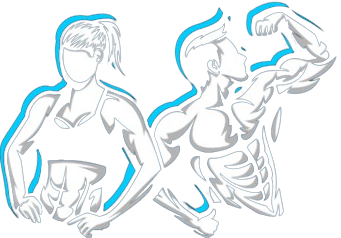The pursuit of building muscle often revolves around a blend of exercise, nutrition, and recovery. Among these factors, protein intake plays a crucial role in supporting muscle growth and repair. But the question remains: How much protein is actually needed to build muscle effectively?
Understanding Protein’s Role in Muscle Building
Proteins are the building blocks of muscles, comprised of amino acids that aid in muscle repair, growth, and maintenance. Engaging in resistance training or workouts that challenge your muscles creates microscopic tears, and adequate protein intake helps in repairing and rebuilding these tissues, leading to muscle growth over time.
Protein Requirements for Muscle Building
The ideal protein intake for muscle building can vary based on several factors:
- Body Weight and Composition: Typically, recommendations suggest consuming around 0.7 to 1 gram of protein per pound of body weight per day for individuals engaged in moderate to intense resistance training.
- Activity Level: Those who engage in high-intensity workouts or endurance training may require a higher protein intake due to increased muscle breakdown during exercise.
- Goals: If muscle gain is the primary goal, a slightly higher protein intake within the suggested range might be beneficial.
- Individual Differences: Metabolic factors, age, gender, and overall diet also influence protein requirements.
Quality of Protein Sources
It’s not just about the quantity but also the quality of protein consumed. Different sources of protein offer varying levels of essential amino acids crucial for muscle growth. Foods such as lean meats, poultry, fish, eggs, dairy products, legumes, nuts, and seeds are excellent sources of high-quality protein.
Timing and Distribution of Protein Intake
Distributing protein intake evenly throughout the day might be beneficial for muscle synthesis. Consuming protein-rich meals or snacks every 3-4 hours can optimize muscle repair and growth.
Conclusion
While protein is a vital component for muscle building, balance is key. Consuming excessive protein doesn’t necessarily equate to faster muscle gain. It’s important to combine adequate protein intake with a well-rounded diet, proper hydration, sufficient rest, and an effective workout routine tailored to your fitness goals.
Always consider consulting a nutritionist, fitness trainer, or healthcare professional to determine the optimal protein intake suitable for your body and fitness objectives.
In summary, protein serves as a cornerstone for muscle building, and aligning your intake with your body’s requirements and exercise regimen is pivotal for achieving optimal muscle growth and recovery.
